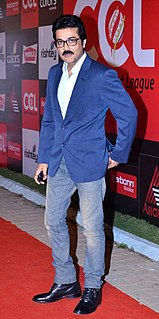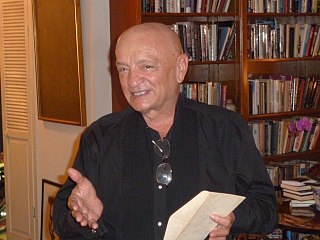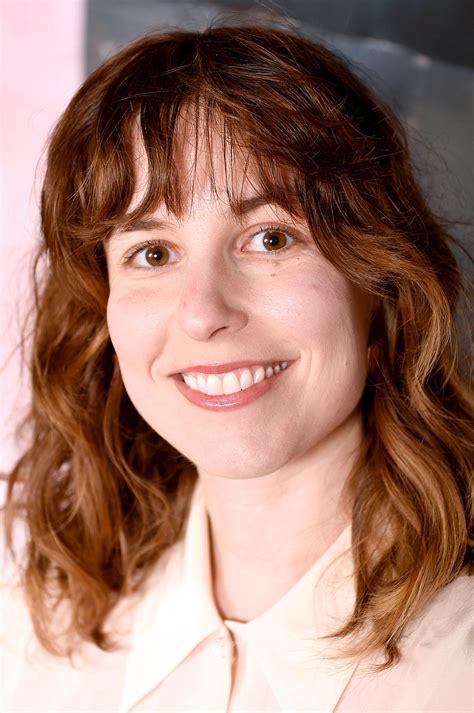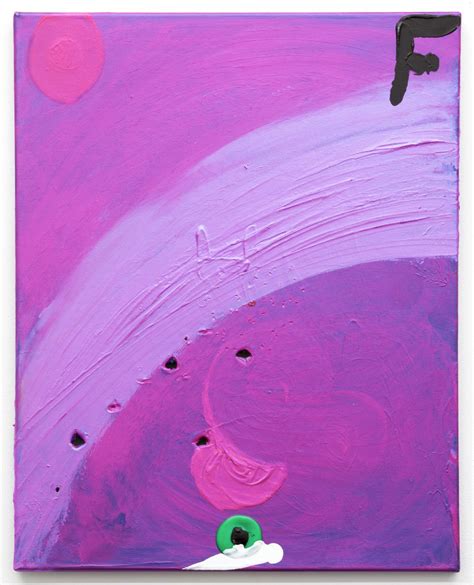A Quote by Prosenjit Chatterjee
I used to sit on the editing table to see where I may have gone wrong because after editing, only the good parts go on screen.
Related Quotes
Ever since 'Strange Heaven,' I haven't really reread my old work. Not so much because I don't like the writer I was, or because I find flaws in the writing, but more because I get so burnt out on a novel once I've finished writing, revising, editing and copy editing it that I genuinely never want to look at it again after it's gone to press.
All three parts of filmmaking [writing, shooting, editing] contribute to rhytm. You want the script to be a tight as possible, you want the acting to be as efficient as possible on the set, and you have enough coverage to manipulate the rhythm in the editing room, and then in the editing room you want to find the quickest possible version, even if it's a leisurely paced film. I definitely in filmmaking more and more find writing and directing a means to harvest material for editing. It's all about editing.
With the camera, it's all or nothing. You either get what you're after at once, or what you do has to be worthless. I don't think the essence of photography has the hand in it so much. The essence is done very quietly with a flash of the mind, and with a machine. I think too that photography is editing, editing after the taking. After knowing what to take, you have to do the editing.
You must stop editing--or you'll never finish anything. Begin with a time-management decision that indicates when the editing is to be finished: the deadline from which you construct your revisionary agenda. Ask yourself, 'How much editing time is this project worth?' Then allow yourself that time. If it's a 1,000-word newspaper article, it's worth editing for an hour or two. Allow yourself no more. Do all the editing you want, but decide that the article will go out at the end of the allotted time, in the form it then possesses.
I watched a lot of movies from all over the world. The Russians were very good at editing. They were specialists in editing. The Man with a Camera, if you know that movie, is incredible. I still don't understand how it works. It's a movie with no script, no actors and still it works. It's really good. It's really about editing.
I was shocked when I looked at art schools in France. There's only one left that does anatomy. Now they do video. They do editing. I would go to film school if I wanted to do video and editing. In art school, it's only new mediums. It's three-dimensional or computer. I found that shocking. No nudes.



































